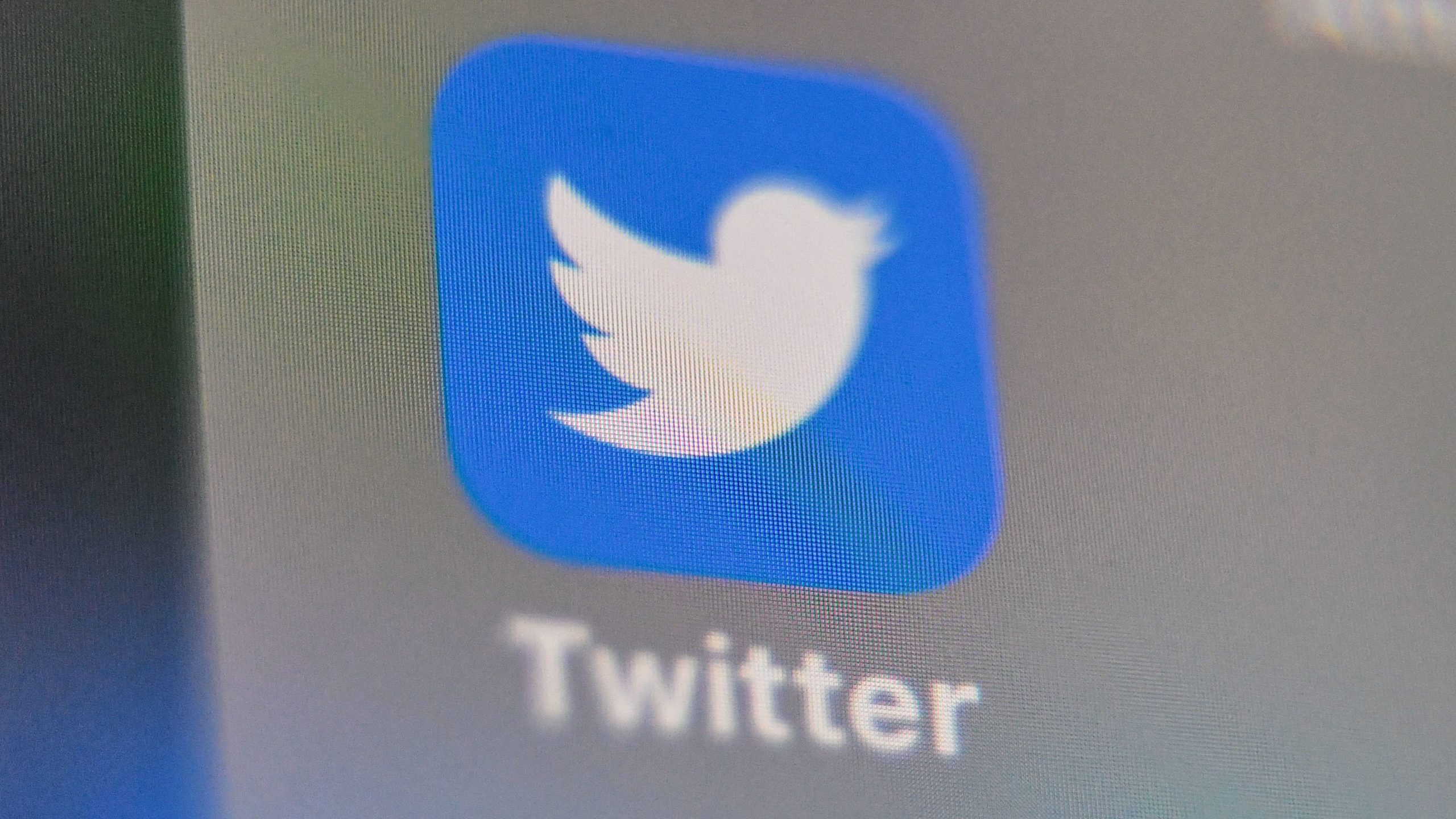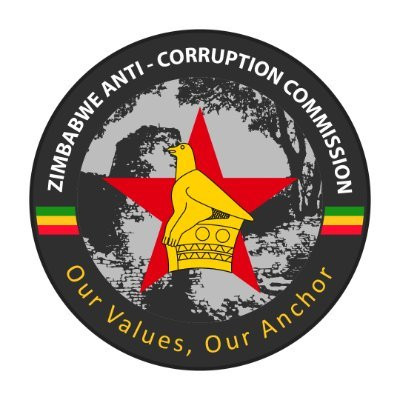
BY EVANS MATHANDA
There is no doubt that Twitter is changing the political environment on the African continent, with more and more politicians, regardless of age, turning to the microblogging site to assemble and grow their followers.
Political events such as the Twitter Townhall held by the former president of the United States Barack Obama and his administration and the Twitter debate held by the 2012 Grand Old Party (GOP) candidates demonstrate the power of Twitter in facilitating political dialogue.
The rise in Twitter popularity has led to debate on its influence on public opinion and political views. Digital and social media analysts have on several occasions predicted an increase in online participation and democratisation due to social media’s personal and interactive nature. Some have explained how Twitter can lead to selective exposure and be used as a disguise for those in power to propagate biased information.
Twitter plays an important role in shaping political discourse in Zimbabwe. Twitter Spaces are currently influencing the nature of political participation in which the audience is not merely passively reading the web.
Most politicians in Africa now have Twitter accounts and some have dedicated social media managers to handle their social media pages, but some can still manage their accounts. Even the institutions that stick strictly to a very specific status or line of business have made it on twitter.
The microblogging site has been associated with the elite and sophisticated individuals, who always bring sparkling discussions and controversial issues for debate.
Jonathan Moyo is one of the politicians that prefer to use 280 characters to convey their messages on Twitter religiously. The prerequisite for being on social media for a serious politician is their ability to continue being relevant and to have your issues covered in the media.
- Chamisa under fire over US$120K donation
- Mavhunga puts DeMbare into Chibuku quarterfinals
- Pension funds bet on Cabora Bassa oilfields
- Councils defy govt fire tender directive
Keep Reading
For the past few years a lot has been happening, especially, on human rights violations and during elections. No doubt, Twitter is the platform where people can gather and discuss issues without sharing contact numbers and much of the latest news is always available on twitter.
The use of Twitter by government officials like George Charamba and Ndabaningi Mangwana, who have not made secret their political inclination plays a huge role in reshaping the political space in Zimbabwe. The government officials-cum-politicians like to convey their messages on Twitter, especially taking the opposition to task and fighting with individuals whose interests clash with theirs.
Recently, award-winning journalist Hopewell Chin’ono hosted a discussion on Twitter where the Citizens Coalition for Change vice-president Tendai Biti unpacked the new party’s agenda and way forward. More than 4 000 listeners joined the conversation and so far it is the most attended Twitter Space in the country.
For the main opposition CCC party, the microblogging site is the greatest resource, which they have for voter mobilisation campaigns ahead of 2023 harmonised elections. Chamisa’s party did not receive money from the Treasury. According to an extra-ordinary Government Gazette released last month, Zanu PF received $350 million and the MDC-T got $149 million.
Political analysts say the money was due to Chamisa’s MDC Alliance, which was the runner-up in the 2018 harmonised election. Chamisa had, however, renamed his party CCC after Mwonzora had claimed ownership of the name MDC Alliance and its symbols. For this reason, social media, specifically Twitter can keep CCC on track to popularize their new party name.
Change Radio Zimbabwe, a Twitter-based broadcast platform has been very consistent on educating people on voter registration and encouraging youths to register to vote.
Twitter has more users than other social networks in Zimbabwe, according to the global stats counter, and the other thing that made it prominent is that many journalists and almost all media publications are on the platform. By virtue of being on the internet one can read what’s happening on Twitter.
- Evans Mathanda is a journalist and development practitioner who writes in his personal capacity. For feedback email: evanngoe@gmail.com or call 0719770038 and Twitter @EvansMathanda19










